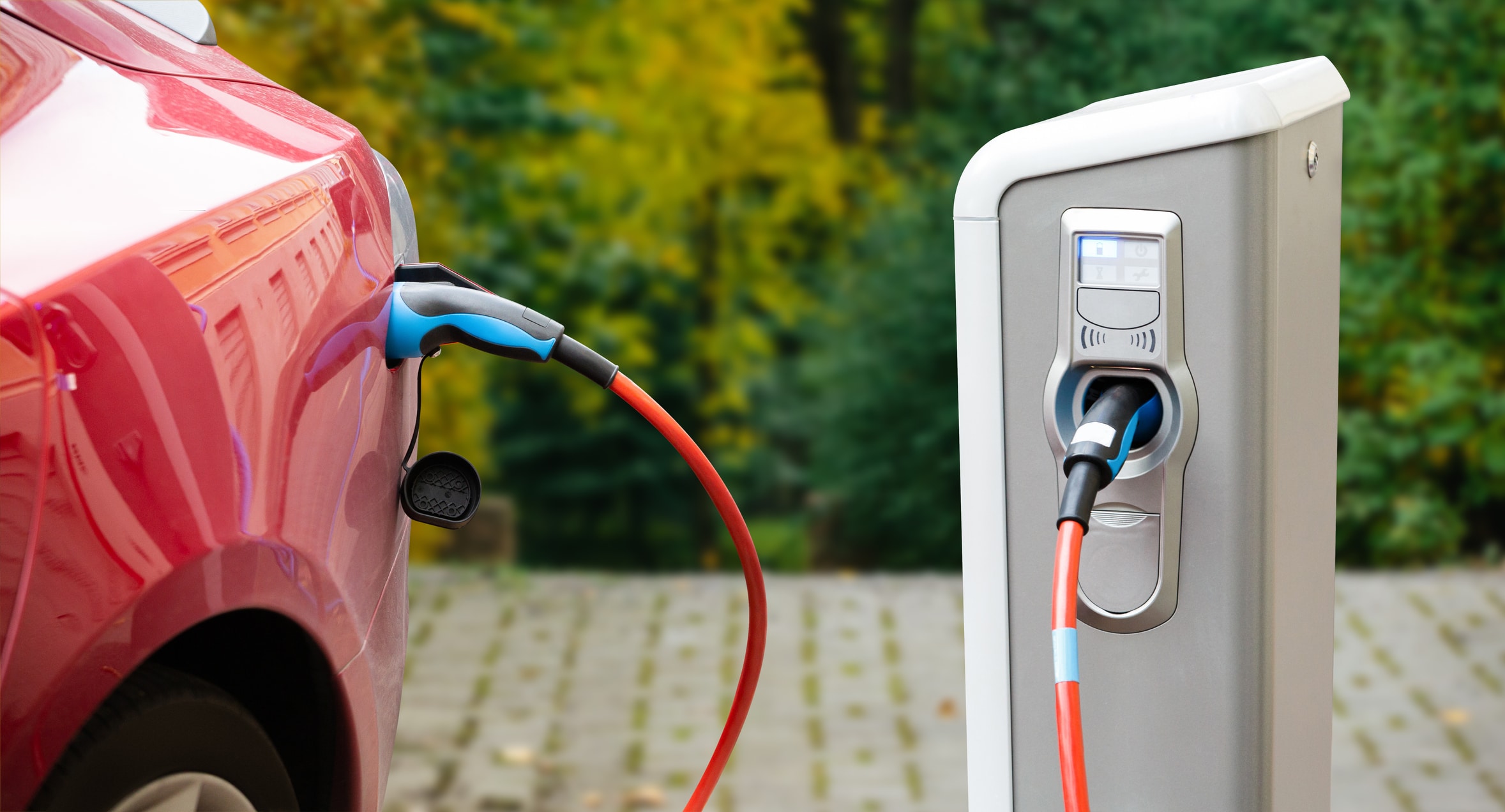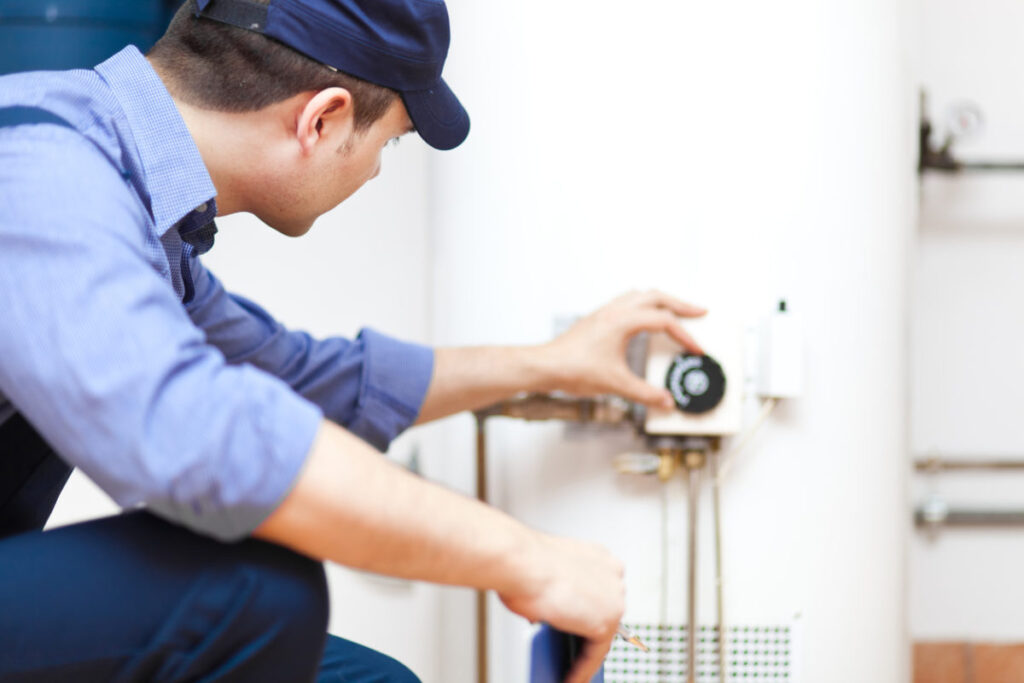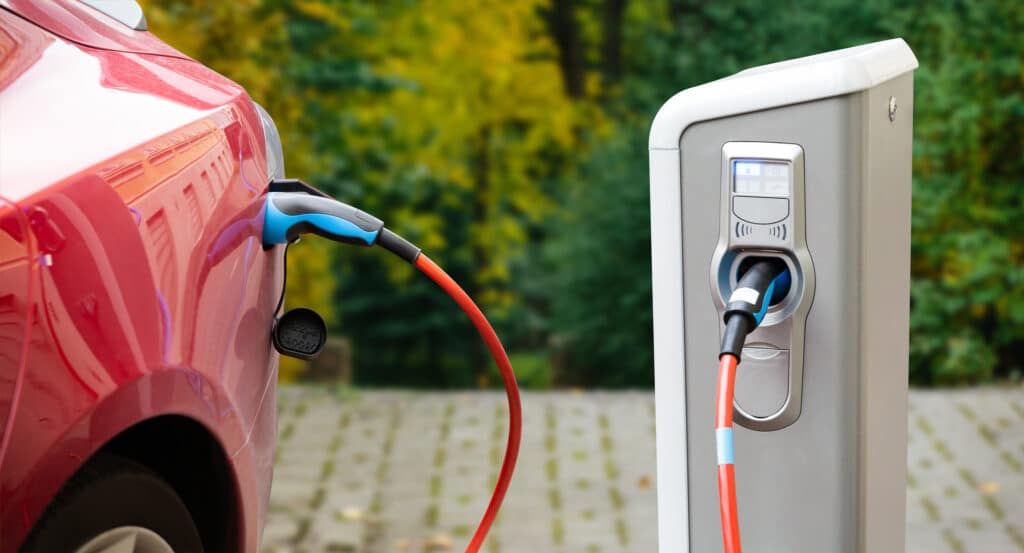
As more and more people make the switch to electric vehicles, the need for residential charging solutions has become increasingly important. If you’re a Washington resident considering an EV or if you already own one, you may be wondering about what the installation process entails. In this guide, we break down the ins and outs of EV charging station installation from beginning to end.
1. Determine Your Charging Needs
The first step in installing an EV charger is to determine your charging needs. Consider factors such as the size of your EV’s battery, how far you drive daily, and whether you have access to public charging stations nearby. This information will help you choose the right charger and determine how quickly you need it to charge your EV.
2. Choose an EV Charger
There are a variety of home EV chargers available on the market, each with its own unique features and charging speeds:
- Level 1 Chargers: These EV chargers plug into a standard 120-volt outlet and take approximately eight to 15 hours to complete charging depending on your EV model and current battery life.
- Level 2 Chargers: Level 2 charging stations require a 240-volt outlet that should be professionally installed by an electrician and can complete charging your vehicle in as little as three to six hours.
- DC Fast Chargers: These EV chargers are only available for commercial properties and can bring a vehicle’s battery to full life in as little as 20 to 40 minutes.
In most cases, Level 2 charging stations are the recommended choice for homeowners. Your electrician can help you choose a charger that meets your needs and fits your budget.
3. Find a Qualified Electrician
Installing an EV charging station requires electrical expertise and should only be done by a qualified electrician. Look for a licensed and insured electrician with experience installing EV chargers. They can ensure that your charger is installed correctly and safely.
4. Determine the Best Location
The location of your EV charger is important. It should be close to your parking spot and easily accessible for your daily charging needs. An electrician can assess your home’s electrical system to determine the ideal location for your EV charger and ensure it’s properly connected.
5. Obtain the Necessary Permits
Before installation, your electrician will need to obtain any necessary permits from your local government. You will also need an electrical inspection performed to ensure safety and compliance with local building codes. Your electrician will be able to handle the permitting process on your behalf, ensuring your charger satisfies all code requirements.
6. Install Your EV Charging Station
Once the permits are obtained, your electrician will install your charger. They’ll connect it to your home’s electrical system and test it to ensure it’s working properly. Your electrician may also provide you with instructions on how to use and maintain your charger for optimal performance.
7. Enjoy a Charged EV
With your new home EV charger installed, you can enjoy the convenience of charging your EV from the comfort of your own home. No more searching and paying for public charging stations or worrying about running out of battery on the road. Simply plug your vehicle in, wait for a full charge, and hit the road with confidence!
Choose Campbell & Company for Your EV Charging Station Installation!
Installing a home EV charger in Washington requires careful planning, the right equipment, and a qualified electrician. At Campbell & Company, we have you covered on all fronts. From obtaining permits and performing inspections to selecting and installing the best EV charger, our fully licensed and insured team of master electricians is here to help.
Get started with installing an EV charger today by calling us at (509) 412-3146!





